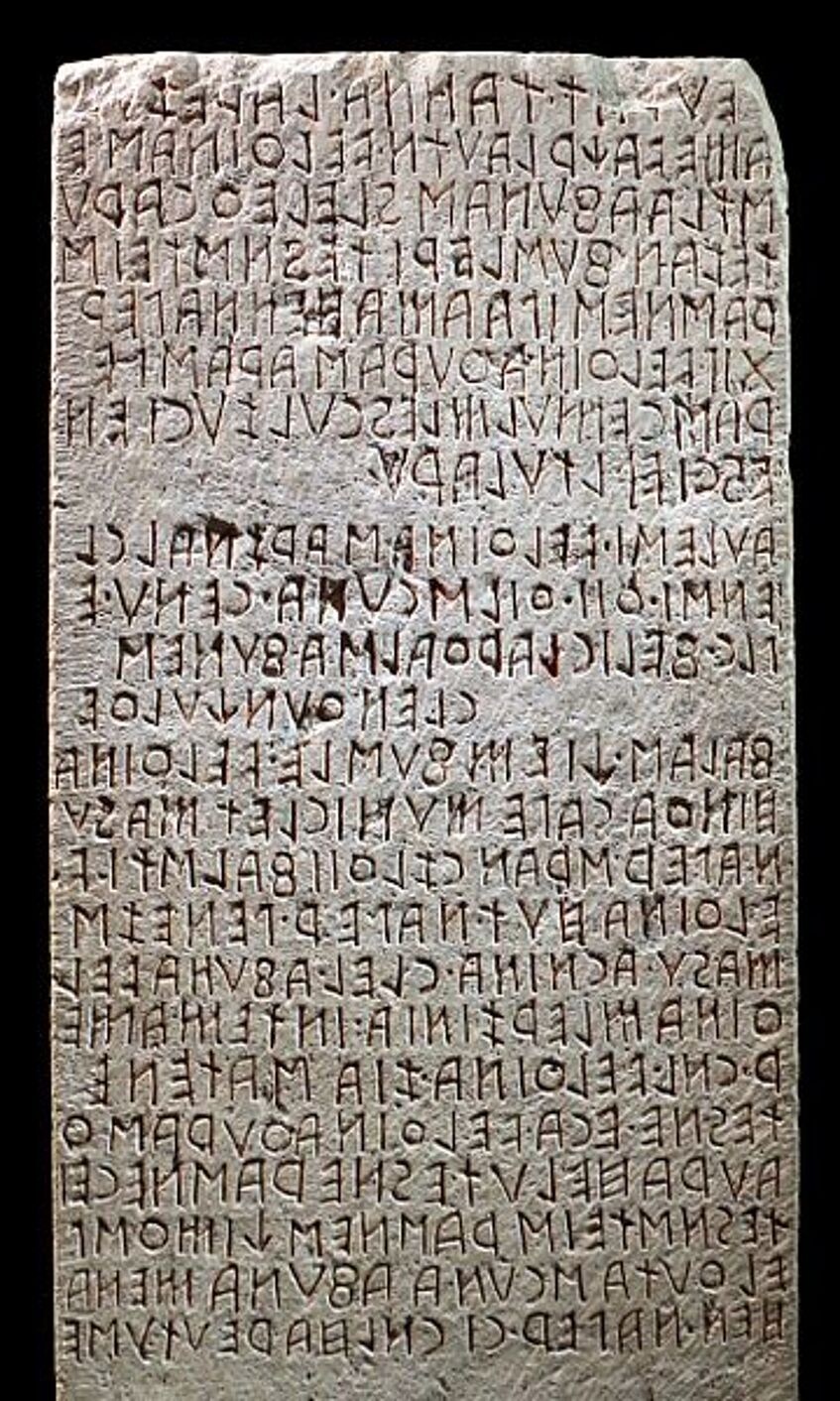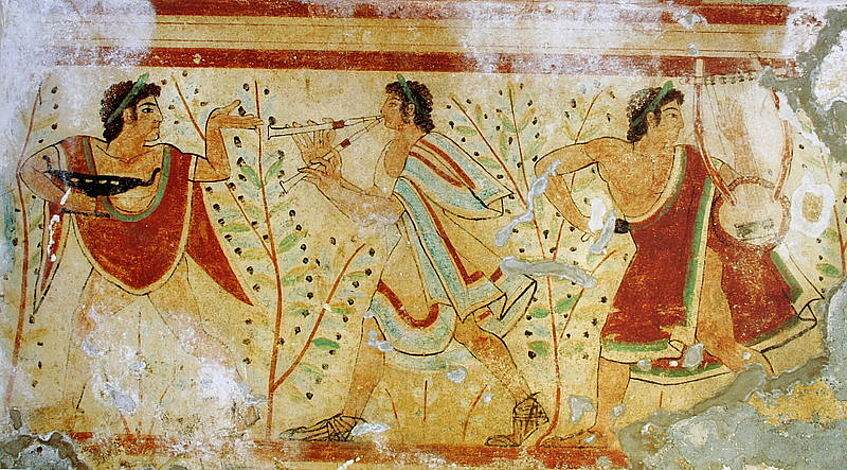Etruscology and Italic Studies
During Antiquity and before Romanisation, Italy was a region rich in peoples and languages. This field of research comprises, on the one hand, the Etruscans, one of the first large cultural nations of Europe, and, on the other hand, the other ethnic and cultural groups of the Apennine Peninsula as well as the surrounding islands. This includes the so-called local Italic peoples (e.g., the Latins, Umbri, Veneti, Samnites etc.) and groups that immigrated during the 1st millennium BCE, such as the Phoenicians/Punic people, Greeks and Celts. The chronology spans from the Late Bronze Age (11th–10th century BCE) to the Early Roman period (1st century CE).
Although the interest in the Etruscans can be traced back to the Early Renaissance, the field of Etruscology and Italic Antiquity is still a relatively young scientific discipline. Among German-speaking countries, Vienna offers the only professorship in this field.
The Viennese department of Etruscology and Italic Antiquity has always been dedicated to unify the analysis of all available historic sources (philological, epigraphical and archaeological). Our research has a clear historical focus. Methodically, this requires a strong interdisciplinary approach in Classics.


